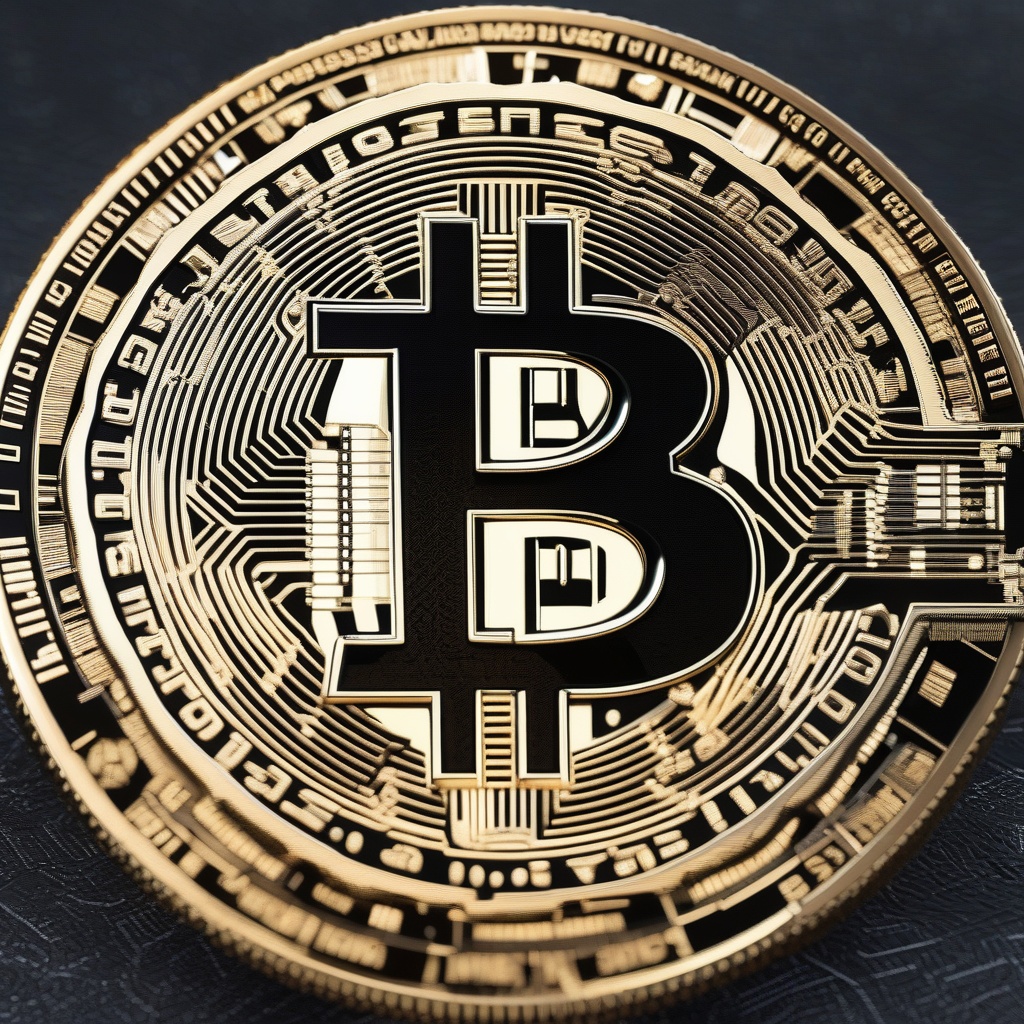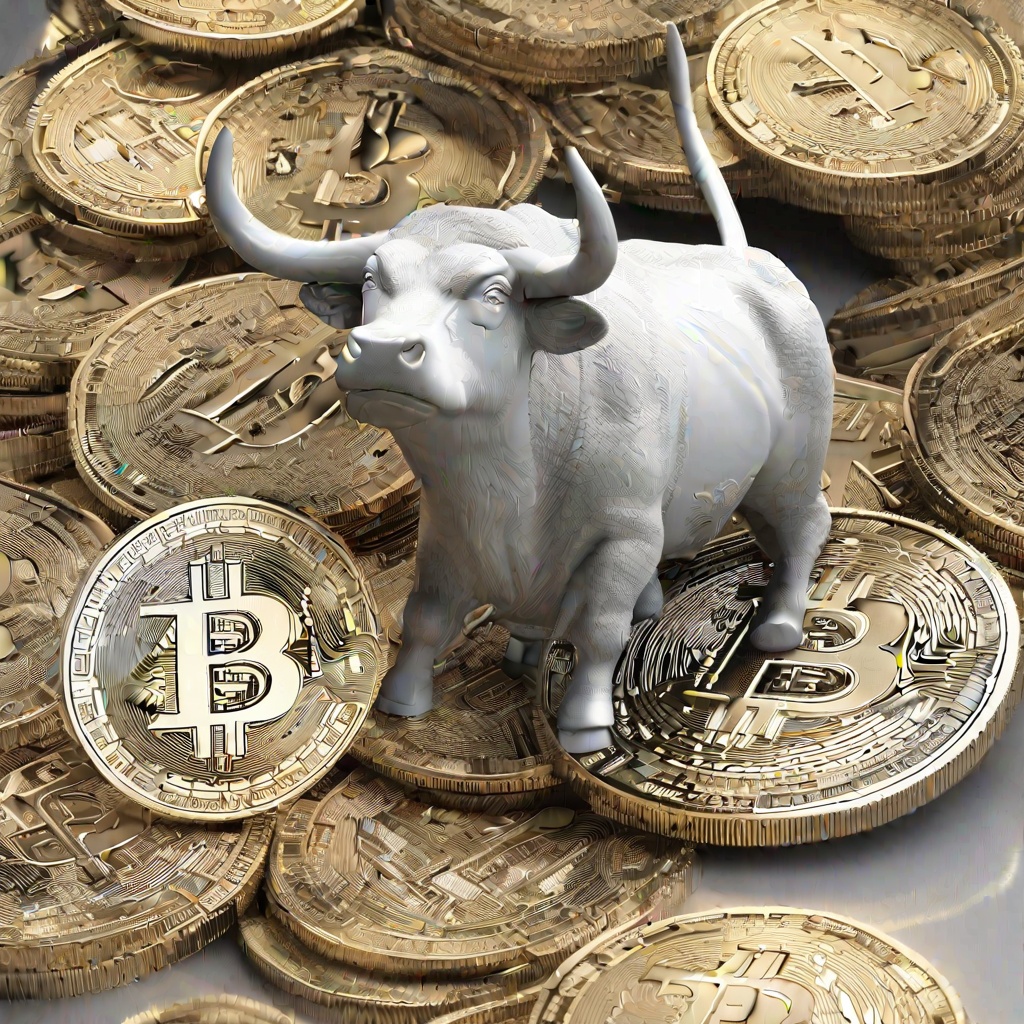Is liquidity a cash?
I'm trying to understand the concept of liquidity, and I'm wondering if it's the same as cash. Can liquidity be considered as cash, or is it something different? I'd like to know how these two are related or distinct from each other.

What is the difference between marketcap and liquidity?
I'm trying to understand the financial terms related to stocks. Specifically, I want to know the difference between market capitalization and liquidity. How do these two concepts differ from each other?

What is liquidity & how does it affect a cryptocurrency market?
Can you explain to me in simple terms what liquidity is, and how does it play a significant role in the cryptocurrency market? I'm curious to understand how it impacts the buying and selling of digital currencies, and whether or not it can influence the overall stability and volatility of these markets. Also, what factors contribute to the liquidity of a cryptocurrency, and how can investors and traders leverage this information to make more informed decisions?

What is the risk of trading liquidity?
Trading liquidity is a crucial aspect of any financial market, including cryptocurrency markets. But what exactly is the risk associated with trading liquidity? When trading in a market with low liquidity, it can be difficult to buy or sell large amounts of an asset without significantly impacting its price. This can lead to slippage, where the price you actually execute your trade at is significantly different from the price you expected. Additionally, low liquidity can also increase the spread between the bid and ask prices, making it more expensive to trade. On the other hand, high liquidity is generally considered to be a positive thing, as it allows traders to enter and exit positions more easily and with less impact on the market price. However, even in highly liquid markets, there is still a risk of experiencing liquidity problems, especially during times of high volatility or market stress. So, in essence, the risk of trading liquidity is the potential for difficulties in executing trades due to a lack of buyers or sellers in the market, which can lead to slippage, increased spreads, and potentially higher costs of trading. As a trader, it's important to be aware of the liquidity levels in the markets you're trading in and to take steps to mitigate the risks associated with trading in low-liquidity markets.

What happens when a coin has no liquidity?
I'm curious to understand the implications of a cryptocurrency having no liquidity. Can you explain in detail what exactly happens in such a scenario? How does it affect traders, investors, and the overall market? And what are some potential solutions or strategies to address this issue?

